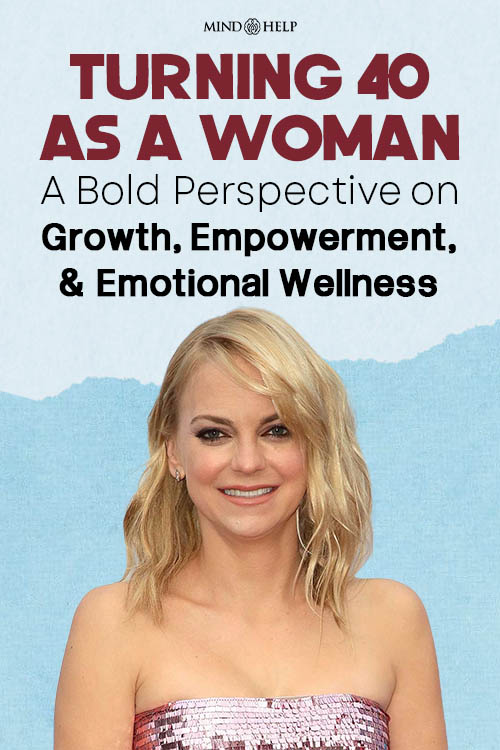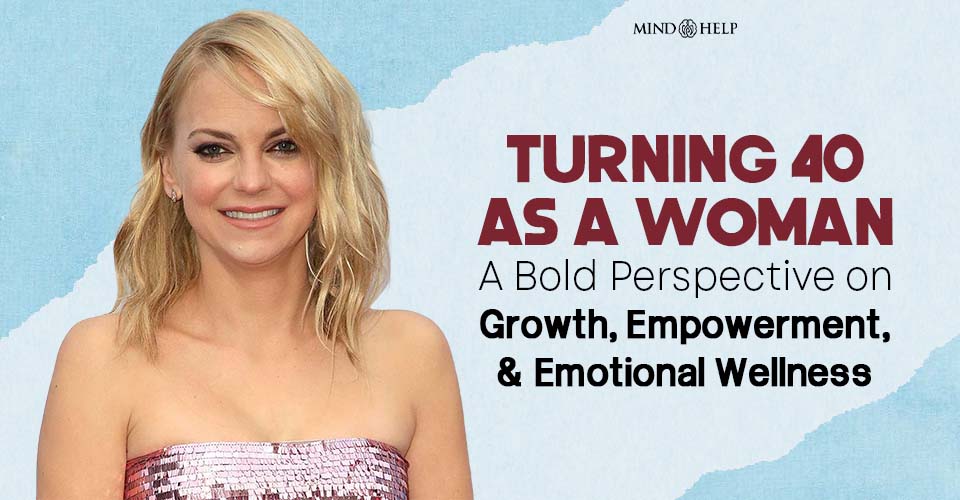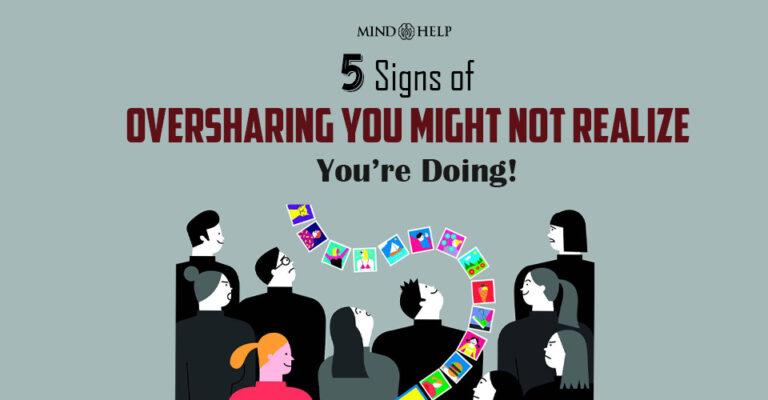For many women, turning 40 has historically been viewed through a lens of loss—of youth, desirability, and opportunity. These notions, shaped by cultural narratives, often cast midlife as a period of decline. However, contemporary psychological perspectives reveal a strikingly different reality: the age of 40 is increasingly recognized as a powerful developmental milestone characterized by self-awareness, emotional maturity, and personal liberation. What does turning 40 for a woman mean in the modern world?
From a mental health standpoint, this stage of life marks a transition into greater psychological resilience, authenticity, and intentional living. Women entering their 40s often report heightened confidence, improved boundary-setting, and a deeper connection to their values and goals. Rather than being an ending, this decade can represent a profound awakening.
Read: Spring Clean Your Life: The Must-Do Checklist For A Fresh New You
Turning 40 for a Woman: 10 Takeaways
1. Embracing Authenticity
Women in their 40s frequently undergo a significant shift in identity, moving away from the need for external validation. By this age, many have developed a clearer understanding of their personal values and are more willing to express themselves without fear of judgment. This evolution supports a more authentic and self-directed life, contributing to improved mental and emotional well-being.
2. Redefining Beauty and Self-Worth
Cultural definitions of beauty often lose their influence during this life stage. Psychological maturity fosters a redefinition of beauty, one that is less focused on physical appearance and more centered on health, vitality, and inner confidence. This change contributes to a more compassionate relationship with the self and one’s body, reducing the impact of unrealistic societal standards.
3. Confidence in Life Choices
By 40, individuals have typically made a series of personal and professional decisions—some successful, others challenging. Rather than dwelling on past choices, women at this age are more likely to embrace their experiences with acceptance and clarity. This mindset fosters emotional stability and allows for future planning based on self-trust and wisdom.
4. Prioritizing Deep, Meaningful Relationships
As people mature, the desire for quantity in social interactions often gives way to a preference for quality. Women at this stage are more inclined to invest in relationships that offer emotional depth, safety, and reciprocity. Letting go of superficial or energy-draining connections becomes a conscious choice, enhancing overall psychological health.
5. Centering Self-Care Without Guilt
Historically, many women are conditioned to prioritize others’ needs over their own. By midlife, there is a noticeable shift toward prioritizing personal well-being. Self-care is increasingly recognized not as a luxury, but as a psychological necessity. Activities that promote rest, joy, and self-connection—such as therapy, creative hobbies, or travel—are embraced with greater intentionality.
6. Strengthened Boundaries and Self-Advocacy
The establishment of boundaries is a hallmark of psychological maturity. Women in their 40s are more likely to advocate for themselves in both personal and professional environments. This includes setting limits on relationships, asserting their needs in healthcare settings, and rejecting behaviors that are dismissive or harmful. Such developments play a vital role in long-term emotional resilience.
7. Increased Resilience and Perspective
Life experiences accumulated by this age—whether related to loss, career changes, or relationship transitions—often lead to increased psychological resilience. Uncertainty is no longer met with fear, but with a measured, reflective approach. Many women at this stage display greater emotional flexibility, allowing them to navigate challenges with composure and confidence.
8. A More Compassionate Relationship with the Body
Body image concerns that may have been prominent in earlier decades often become less central. Instead, there is an increased focus on what the body has endured, created, and sustained. Movement and nutrition are viewed through the lens of appreciation and respect rather than criticism. This shift supports holistic wellness and body-mind harmony.
9. Deeper, More Fulfilling Intimacy
Contrary to societal myths, many women report an increase in sexual confidence and satisfaction during this stage. With a more grounded sense of self, they are better equipped to articulate their emotional and physical needs. Relationships—romantic or otherwise—become more about connection and emotional authenticity than performance or appearance.
10. Living With Intention Rather Than Obligation
Turning 40 often prompts a reevaluation of life choices, habits, and responsibilities. Many women begin to align their lives more closely with their personal values, saying “yes” to what resonates and releasing what does not. This intentional living fosters greater clarity, purpose, and emotional fulfillment.
Strategies for Women in Their 40s
To support emotional and psychological well-being during this transitional decade, experts recommend the following strategies:
- Explore new experiences that challenge existing beliefs and comfort zones
- Focus on internal satisfaction rather than external approval
- Maintain a strong support network based on trust and mutual respect
- Prioritize physical health through balanced and compassionate care
- Engage in creative or spiritual practices that promote joy and expression
- Continue educational or professional growth to foster a sense of purpose
- Plan for financial and emotional security in later years
The belief that a woman’s vitality fades after 40 is outdated and unsupported by current psychological understanding. Any female turning 40 must not think they are past their prime.
In reality, the decade that begins at 40 often represents a time of redefinition, healing, and empowerment. Women emerge from early adulthood with greater clarity, self-trust, and emotional depth, allowing them to live more freely and fully.
Turning 40 for a woman can be challenging, but, midlife is not a decline—it is a transformation. With the right support and mindset, it can be the beginning of the most fulfilling and authentic chapter yet.








